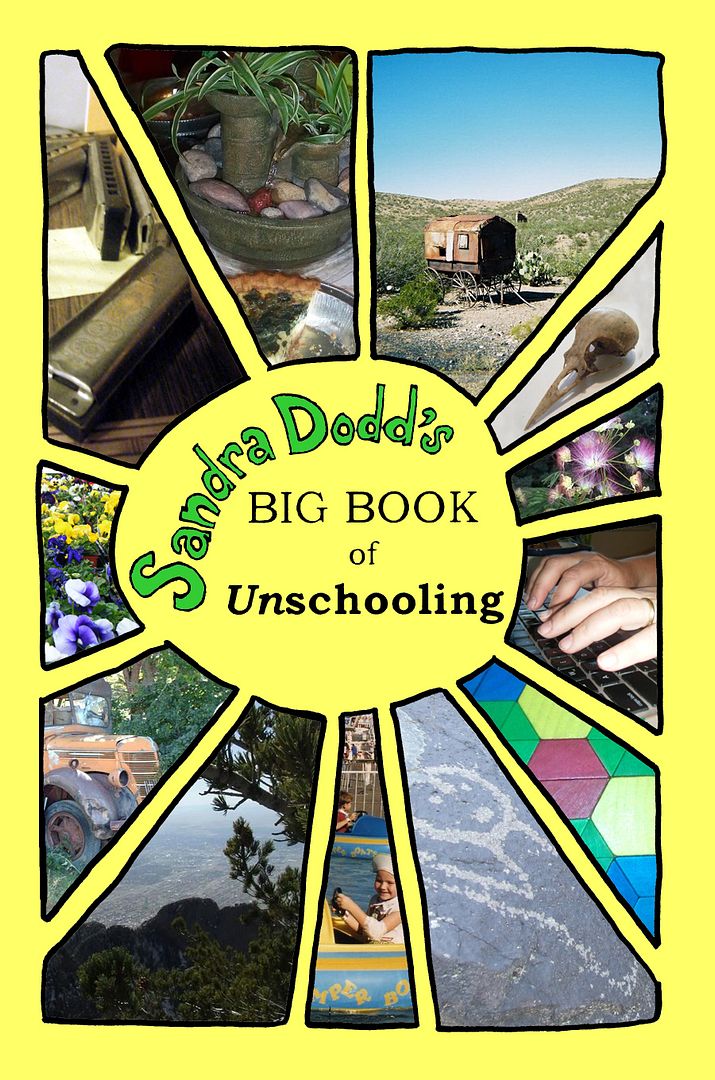I spent the first year not saying no and the next year TRYING NOT to say no and now I am spending my time finding creative ways and thoughtful responses and ways to saying no...its all semantics, either way its about getting your point of view across before they become bored and walk away and do it anyway.
Does the phrase 'don't do such and such because mummy/daddy will get upset' seem an ok thing to say or is it using me as an excuse not to do something because we don't want to make mummy upset.....OHNO..cos we alllllll know what happens when mummy gets upset....or do we? because sometimes mummy gets upset, she shouts, sometimes she cries, sometimes she does nothing, sometimes she falls in a heap on the floor and sometimes she jumps up and down and shouts hullabaloo hullabaloo lets get this party started riiiiiiigggghhhhht.
I am just wondering, cos in the long run I want my kids to not do something because they choose to, not because of what I might or might not do or say...does that sound about right?
but then again, why can't I just say 'that would upset me' if you did x y z without worrying if it will cause long term damage?
If they really want to do it, who am I to stop them (and I am not talking the obvious safety stuff that is always brought up..knee jerk reaction type stuff oh yes but what if they wanted to climb the highest mountain and jump off into a pool of tiny water and cross the road at the same time- I'd give them a lift, a costume and a towel)
Maybe I should lower my level of how much something upsets me, matters, cares to me...is that my inner question?
Words are so damn important and I just feel inadequate for the mammoth task, does anyone else?
Meltdowns - on the increase for one
Losing the Plot - one the increase for one
Breastfeeding - on the decrease for the other













I do say "no" without explanation at times without worrying about long term damage. Sorry. But I usually try to explain, I just need to be able to stop and think why something would upset me (and that's tough sometimes). Am I scared? Why? Am I not looking forward to cleaning up? (I've asked my dd - do you like cleaning up? No? Me neither.) Do I worry about ruining something? Do I worry about what other people will say? Am I embarrassed? Am I in pain? Am I upset about something else? As I explain it to my child (and myself), I challenge my own sentiment. Is my worry even worth it? Sometimes it very much is. Can we do something similar, but not *quite* what you want? What kind of experience is it exactly you're looking for? Ok, you want to carve in the dining table - maybe we can find a piece of wood you could carve in if carving is what you want (that was my evening yesterday ;-) ). Sometimes my worry isn't really worth it - you know what, go ahead - it will broaden your life experience after all. And sometimes it is and I don't wanna bother explaining. Sometimes it's just a feeling I can't put my finger on - and I've learned to trust it. Sorry - no - let's do something different. I try to say it in a funny way, sing a song, pick her up to dance with me - so-o-orry ki-i-id! I do it very rarely but I do do it and I do not envision long-term damage then.
ReplyDeleteI think my main thing is to see whether I'm coming from a position of fear and running away from something or position of love and going towards something. Then it's not a matter of semantics, it is a matter of a completely different attitude. If I say "yes" while I really want to say "no" because I'm afraid of losing their love or damaging them long term (or whatever else), they know I'm not confident, they can sense my resentment and know I've just been defeated. If I say "yes" because I want to say "yes" they can feel it comes from a position of love and confidence and strength and encouragement. It's not just semantics, imho, it's the heart behind. If I say "yes" while my heart says "no" I'm just teaching them to lie.